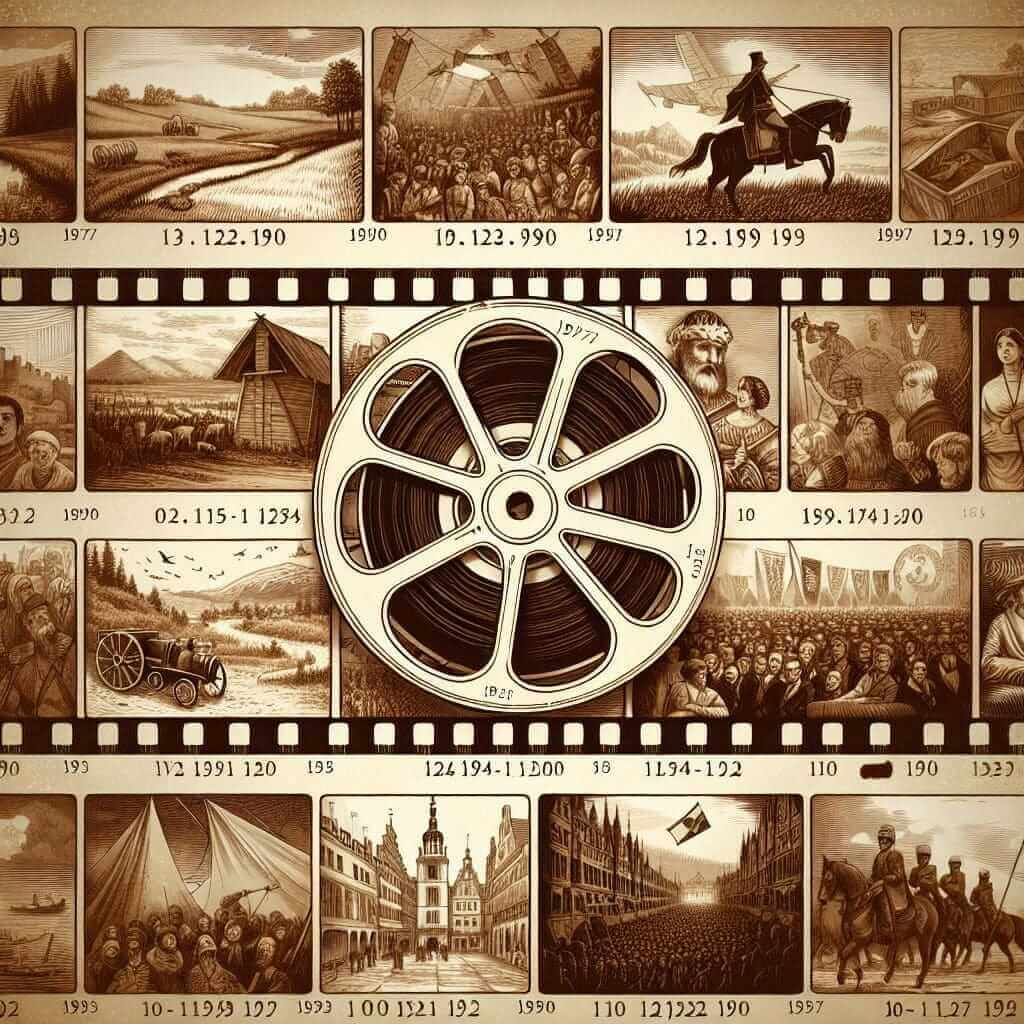As an IELTS instructor with over 20 years of experience, I often encounter students who feel overwhelmed by the prospect of discussing historical topics in the Speaking test. They wonder, “How can I talk about history eloquently in English if I haven’t specifically studied it in detail?”. Rest assured, you don’t need to be a history scholar to succeed! This article will guide you on how to acquire and utilize historical knowledge effectively for your IELTS Speaking exam.
Understanding the Importance of Historical Knowledge in IELTS
While the IELTS Speaking test doesn’t explicitly assess your historical knowledge, having a grasp of key events, figures, and periods can significantly enhance your performance. Here’s why:
- Vocabulary Enrichment: History is rich with specific terminology that can elevate your lexical resource score. Think about words like “industrial revolution”, “renaissance”, or “colonialism” – these showcase a wider range of vocabulary.
- Idea Generation: Historical events often provide excellent examples and anecdotes to support your arguments in Part 3 discussions. Imagine being able to illustrate a point about societal change by referencing the invention of the printing press!
- Fluency and Coherence: A well-structured narrative about a historical event or figure can demonstrate your ability to speak coherently and at length.
Building Your Historical Knowledge for IELTS
Don’t panic, you don’t need to memorize entire history books! Here are some practical strategies to acquire and strengthen your understanding of history for the IELTS:
1. Focus on Broad Themes and Trends
Instead of delving into minute details, concentrate on understanding overarching historical themes like:
- Technological Advancements: The impact of inventions like the internet, printing press, or electricity.
- Social Change: Movements like feminism, civil rights, or the fight against poverty.
- Globalization: The interconnectedness of the world through trade, migration, and cultural exchange.
2. Utilize Accessible Resources:
- Documentaries: Platforms like Netflix and YouTube offer a plethora of engaging historical documentaries.
- Podcasts: Listen to podcasts during your commute or free time to absorb information passively.
- News Outlets: Reputable news organizations often have history sections or produce content related to historical anniversaries.
- Museums and Historical Sites (Virtual Tours): Many museums offer virtual tours and online exhibits.

3. Practice Talking About History:
- Summarize: Choose a historical event or figure and try to summarize it in English, focusing on key points and vocabulary.
- Discuss: Engage in conversations about historical topics with friends, family, or language partners.
- Record Yourself: Record yourself speaking about a historical topic to identify areas for improvement in fluency and pronunciation.
IELTS Speaking Test Examples:
Let’s examine how historical knowledge can be applied in the IELTS Speaking test:
Part 1:
Examiner: “What’s your favorite historical period?”
Candidate: “I’m particularly drawn to the Renaissance. The flourishing of art, literature, and scientific inquiry during that era is truly fascinating to me.”
Part 3:
Examiner: “How has technology changed the way people learn about history?”
Candidate: “The internet has revolutionized access to historical information. Previously, we relied heavily on books and libraries, but now we have a wealth of documentaries, online archives, and even virtual museum tours at our fingertips.”
Tips for Success:
- Don’t Overwhelm Yourself: Focus on quality over quantity. It’s better to have a solid understanding of a few key historical events than a superficial knowledge of many.
- Keep it Relevant: When incorporating historical examples in your answers, ensure they are relevant to the question and support your point effectively.
- Stay Updated: Be aware of current events that have historical significance or relate to past events.
Remember, the goal is not to become a historian overnight. By focusing on building a general understanding of key historical themes and trends, utilizing accessible resources, and practicing your speaking, you’ll be well-equipped to confidently tackle any history-related topic that comes your way in the IELTS Speaking test.